Everything You Need to Know About the Alkaline Diet
If you’re looking for a way to improve your health, the alkaline diet may be worth considering. The alkaline diet was launched because eating foods low in acid can help your body maintain a healthy pH balance. While there is no scientific evidence to support this claim, many people report feeling better when following an alkaline diet. This blog post will discuss everything you need to know about the alkaline diet: what it is, what to eat, and how it can benefit your health!
What is an alkaline diet?
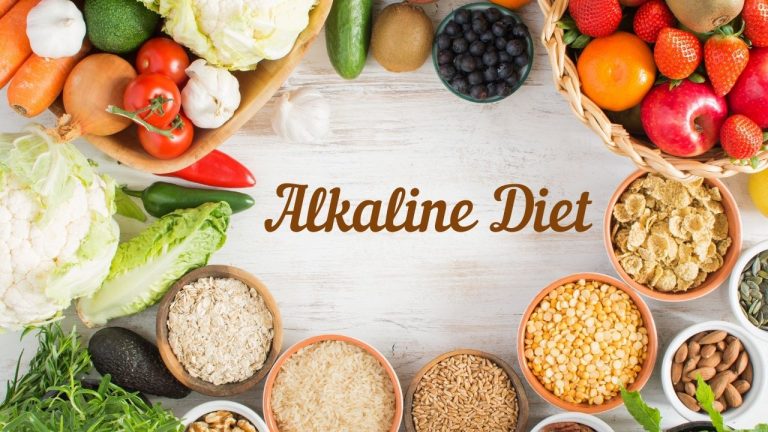
An alkaline diet is a diet that focuses on alkaline foods. The diet primarily contains fruits and vegetables and some nuts and seeds. An alkaline diet aims to promote overall health by reducing inflammation and balancing pH levels. Studies have shown that an alkaline diet can help to reduce the risk of several chronic diseases, including heart disease, cancer, and diabetes. Furthermore, an alkaline diet has been shown to improve bone health, skin health, and digestion. While there are many benefits to following an alkaline diet, speaking with a healthcare professional before drastically changing your eating habits is essential.
What are the benefits of following an alkaline diet?
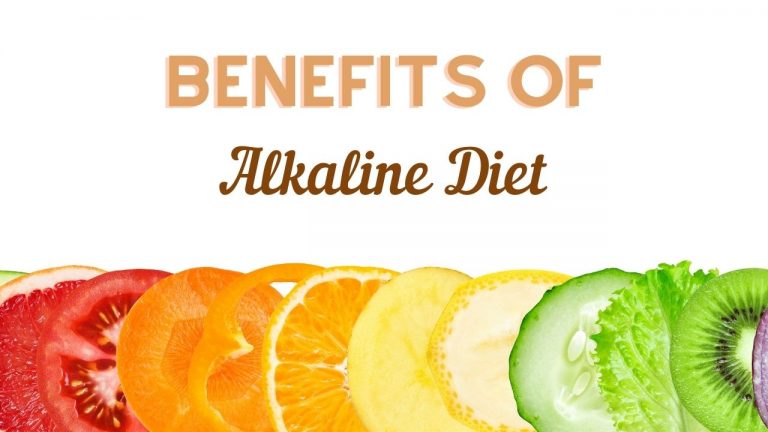
There are many potential benefits to following an alkaline diet. As mentioned above, an alkaline diet can help to reduce the risk of chronic diseases, improve bone health, and promote overall health. Furthermore, an alkaline diet may also help with weight loss, as it encourages you to eat more fruits and vegetables while limiting processed foods. Additionally, an alkaline diet can help to increase energy levels and improve mental clarity. If you are considering following an alkaline diet, be sure to speak with a healthcare professional to ensure it is right for you.
What foods are included in the alkaline diet, and why are they beneficial for your health?
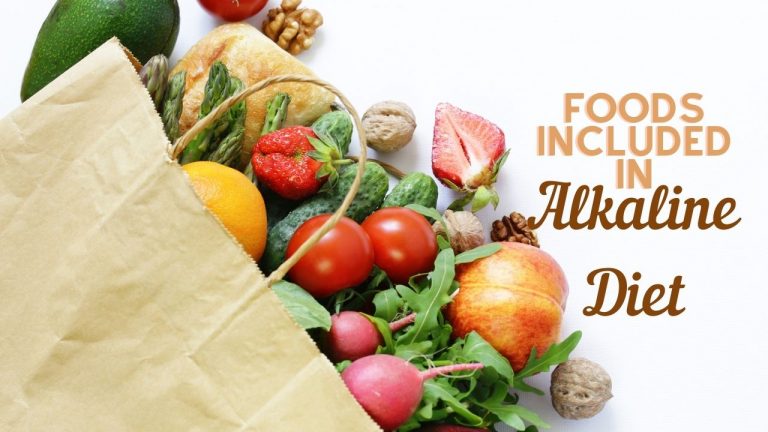
The alkaline diet includes fruits and vegetables and some nuts and seeds primarily. These foods are beneficial for your health because they are alkaline. It means that they can help to reduce inflammation and balance pH levels. Furthermore, these foods are packed with nutrients essential for overall health. Fruits and vegetables are also low in calories and fat, making them an excellent choice for trying to lose weight. Additionally, they are a good source of fiber, which can help to improve digestion.
What foods should you avoid on the alkaline diet?
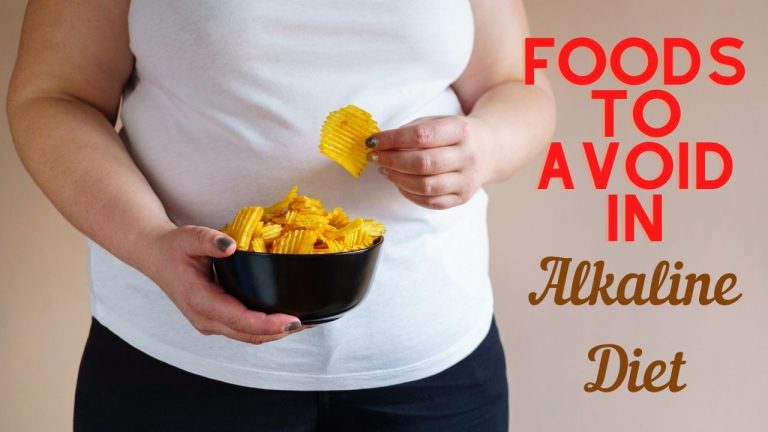
You should avoid processed foods and foods that are high in acid. Processed foods are high in calories and unhealthy ingredients, contributing to weight gain. Furthermore, they are often low in nutrients. Foods that are high in acid can contribute to inflammation and pH imbalances. These include red meat, dairy, sugar, coffee, and alcohol. If you are following an alkaline diet, it is essential to limit your intake of these foods.
How can you start following an alkaline diet and switch to a healthier way of eating?

If you’re interested in following an alkaline diet, you can do a few things to get started. First, start by including more fruits and vegetables in your diet. You can do this by adding them to your meals or snacking on them throughout the day. Additionally, try to limit your intake of processed foods and foods high in acid. Finally, be sure to speak with a healthcare professional before making drastic changes to your eating habits.
What are some tips for staying on track with the alkaline diet and making it a part of your lifestyle?

You can do a few things to make the alkaline diet a part of your lifestyle. First, try to prepare meals and cook at home as much as possible. It will help you control what goes into your food and avoid processed foods. Additionally, stock your fridge and pantry with healthy, alkaline-friendly foods. And finally, make sure to stay hydrated by drinking plenty of water throughout the day. By following these tips, you’ll be on your way to a healthier, alkaline lifestyle.
What are some common misconceptions about the alkaline diet?
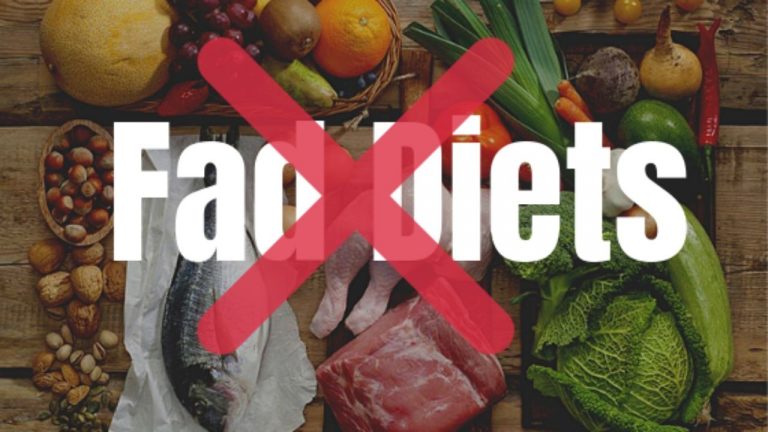
One common misconception about the alkaline diet is that it is a fad diet. However, this is not the case. The alkaline diet is based on the premise that certain foods can help to reduce inflammation and balance pH levels. Additionally, the alkaline diet is not a weight loss diet. While it may help you lose weight, its main focus is on promoting overall health. Another common misconception about the alkaline diet is that it is restrictive. However, this is not the case. While there are some foods that you should limit, such as processed foods and those high in acid, you can still eat a variety of delicious and nutritious foods on an alkaline diet.
FAQS about Alkaline Diet
What are the pros and cons of the Alkaline Diet?
Some pros of the alkaline diet include that it can help to reduce inflammation, balance pH levels, and promote overall health. Additionally, the alkaline diet is not restrictive and allows you to eat various delicious and nutritious foods. Some cons of the alkaline diet include that it may be challenging to stick to and may not be suitable for everyone. Additionally, some people may experience side effects such as headaches and fatigue.
Is the Alkaline Diet safe?
Yes, the alkaline diet is safe for most people. However, it is essential to speak with a healthcare professional before making drastic changes to your eating habits. Additionally, some people may experience side effects such as headaches and fatigue.
What happens when you switch to an alkaline diet?
When you switch to an alkaline diet, you may experience various benefits such as reduced inflammation, balanced pH levels, and increased overall health. Additionally, you may lose weight and have more energy. However, it is essential to speak with a healthcare professional before making drastic changes to your eating habits. Additionally, some people may experience side effects such as headaches and fatigue.
How much water should I drink on an alkaline diet?
It will help if you drink plenty of water throughout the day. However, there is no specific amount that you should drink. Speak with a healthcare professional to determine how much water you should drink each day.
Are there any side effects of the alkaline diet?
Yes, some people may experience side effects such as headaches and fatigue. Additionally, it is essential to speak with a healthcare professional before making drastic changes to your eating habits.
What are the top 10 alkaline foods?
Some top alkaline foods include broccoli, cabbage, kale, spinach, sweet potatoes, avocados, almonds, lemons, and oranges.
What are the bottom acid-forming foods?
Some bottom acid-forming foods include processed foods, red meat, dairy products, alcohol, caffeine, and sugar. It is important to limit these foods in your diet.
What should I eat for breakfast on the alkaline diet?
Some healthy breakfast options for the alkaline diet include oatmeal with almond milk, a green smoothie, or eggs and toast.
What can I drink on an alkaline diet?
Some healthy beverage options for the alkaline diet include water, herbal tea, green tea, and almond milk. It will help if you avoid sugary drinks, alcohol, and caffeine.
Conclusion
Conclusion paragraph: So, what have we learned about the alkaline diet? First and foremost, it’s important to remember that this is not a quick-fix solution – it takes time and effort to make changes in your diet that will improve your health. But if you can stick with it, the alkaline diet can be a compelling way to boost your overall well-being. And don’t forget – there are plenty of delicious recipes that will help you get started on your journey to better health!



